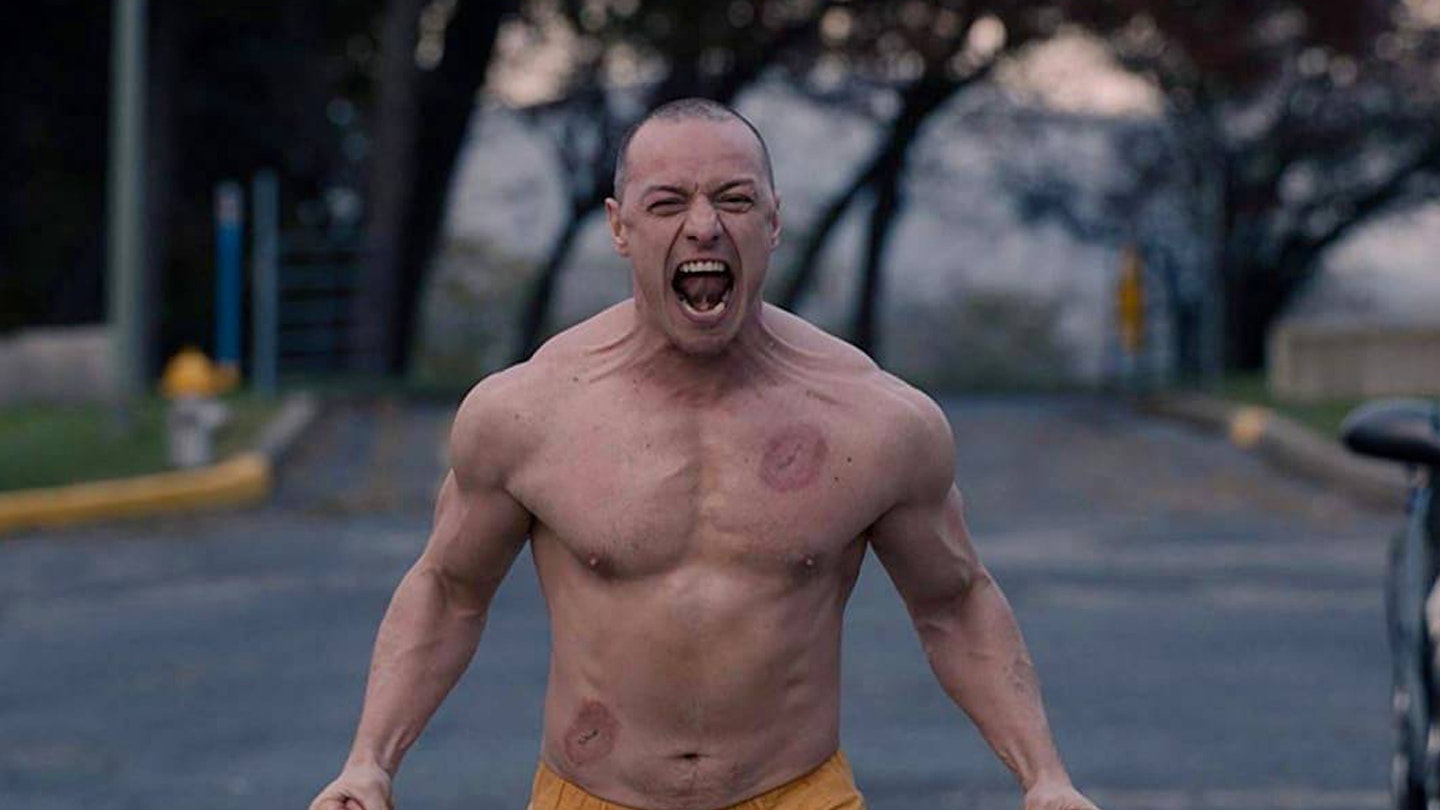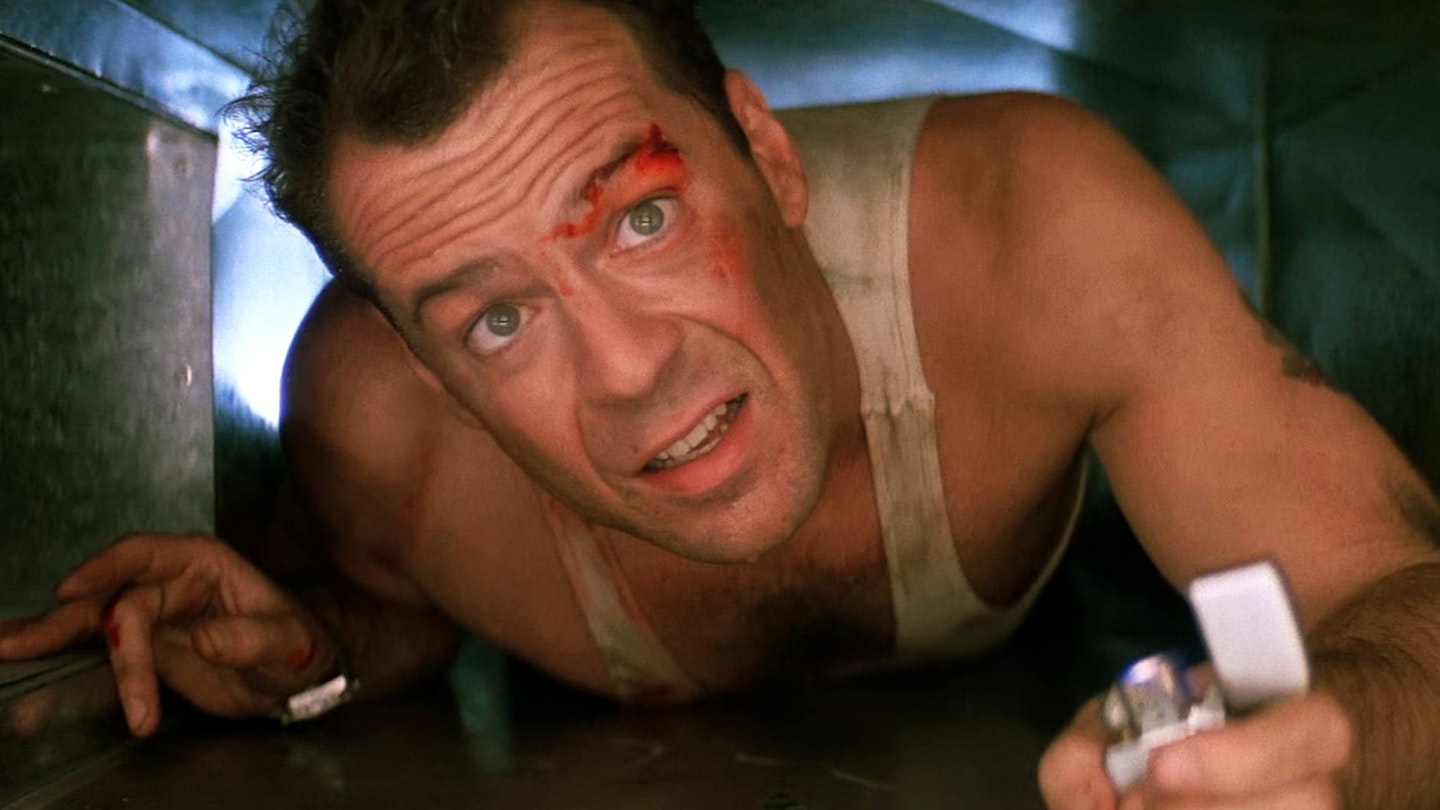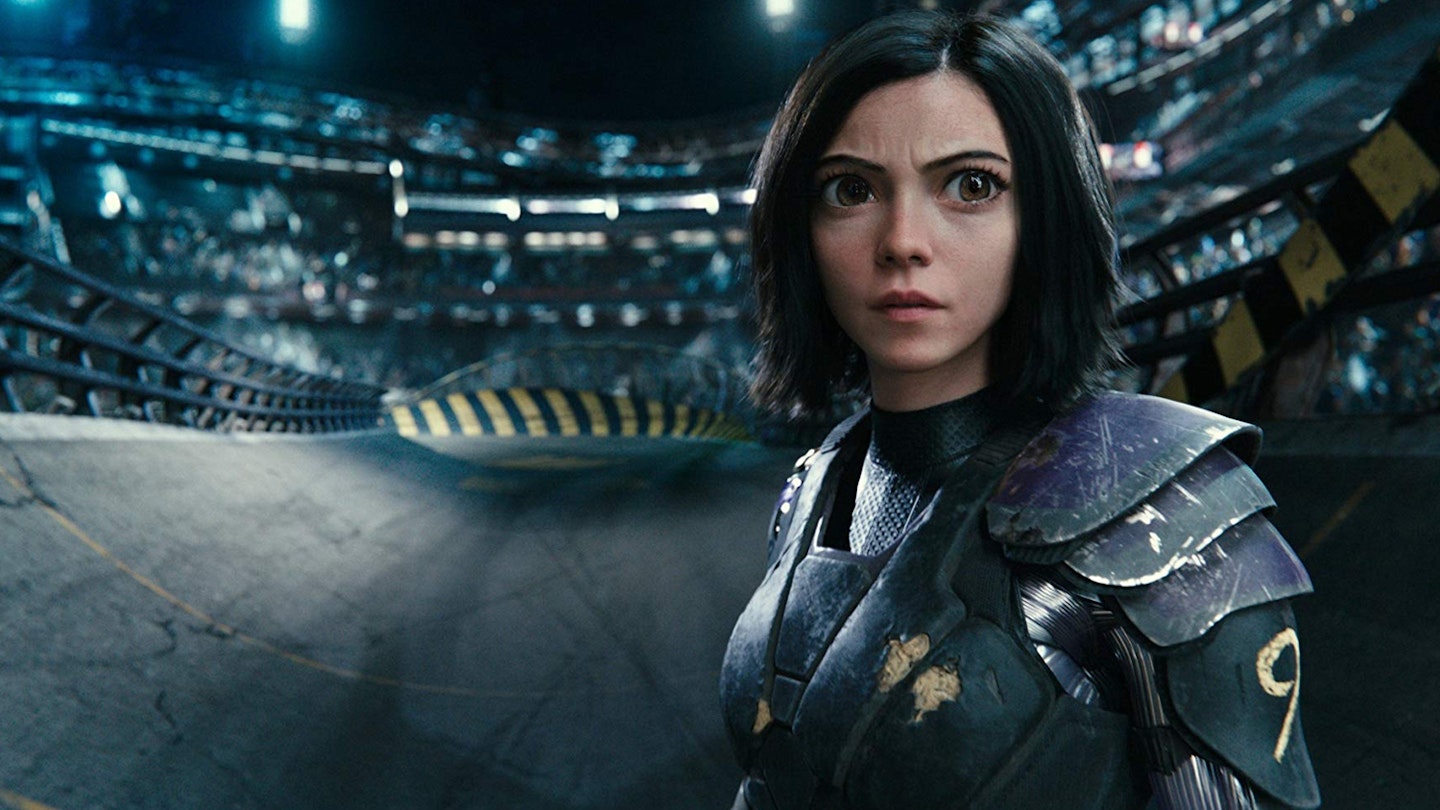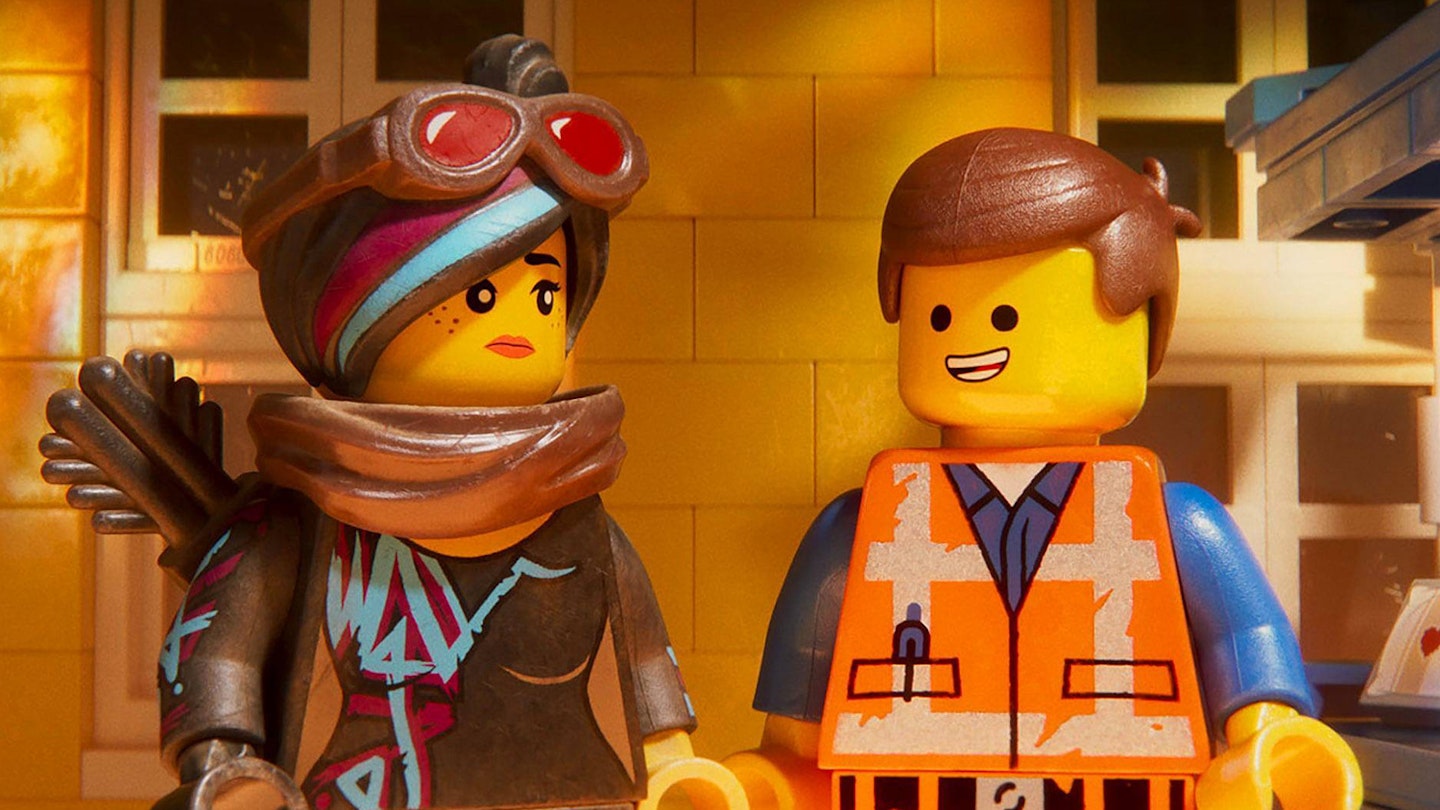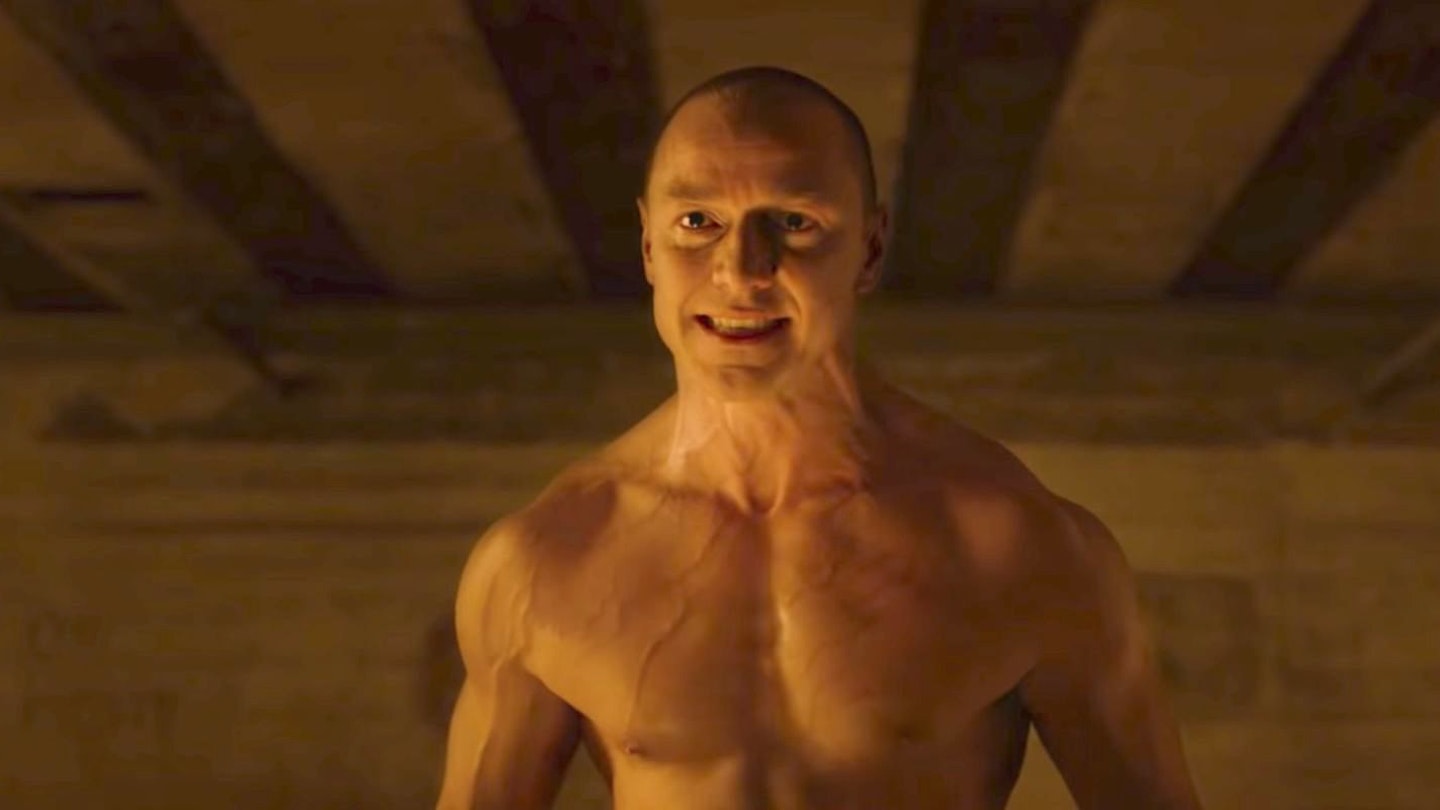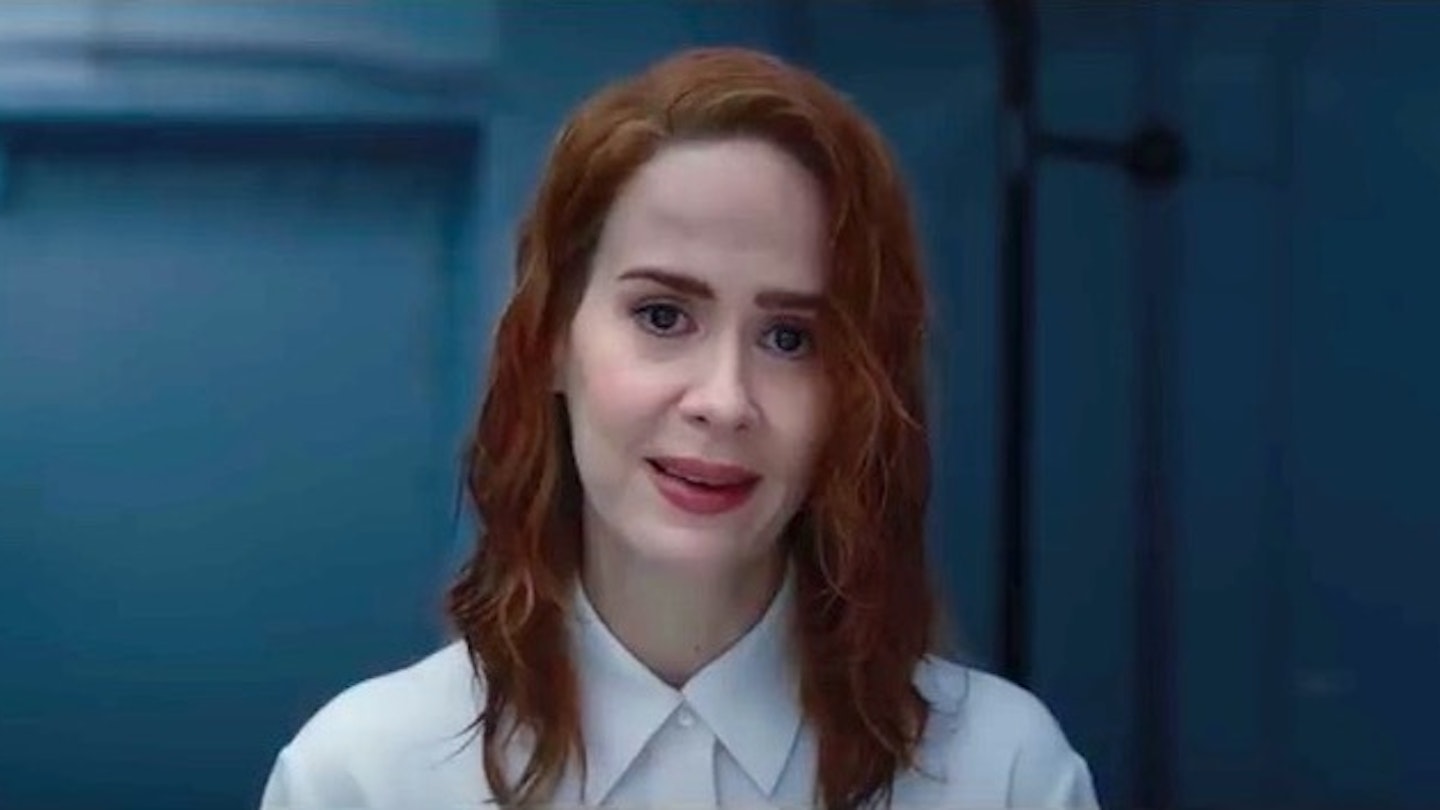At the very end of his last film, 2016’s Split, M. Night Shyamalan pulled off a twist that made his previous ones look like gentle curves. Revealing that multi-personality serial killer Kevin Wendell Crumb (McAvoy) exists in the same universe as Unbreakable’s David Dunn (Willis), it was the equivalent of Ripley turning up at the end of Avatar or Vera Drake teaming up with Mr Turner. Gasp-inducing, yes, but what would come next? How would the writer-director satisfyingly smash together two disparate tales, one a gonzo horror featuring a berserker woman-abductor, the other a slow-burn drama featuring an invincible man and his very fragile adversary?
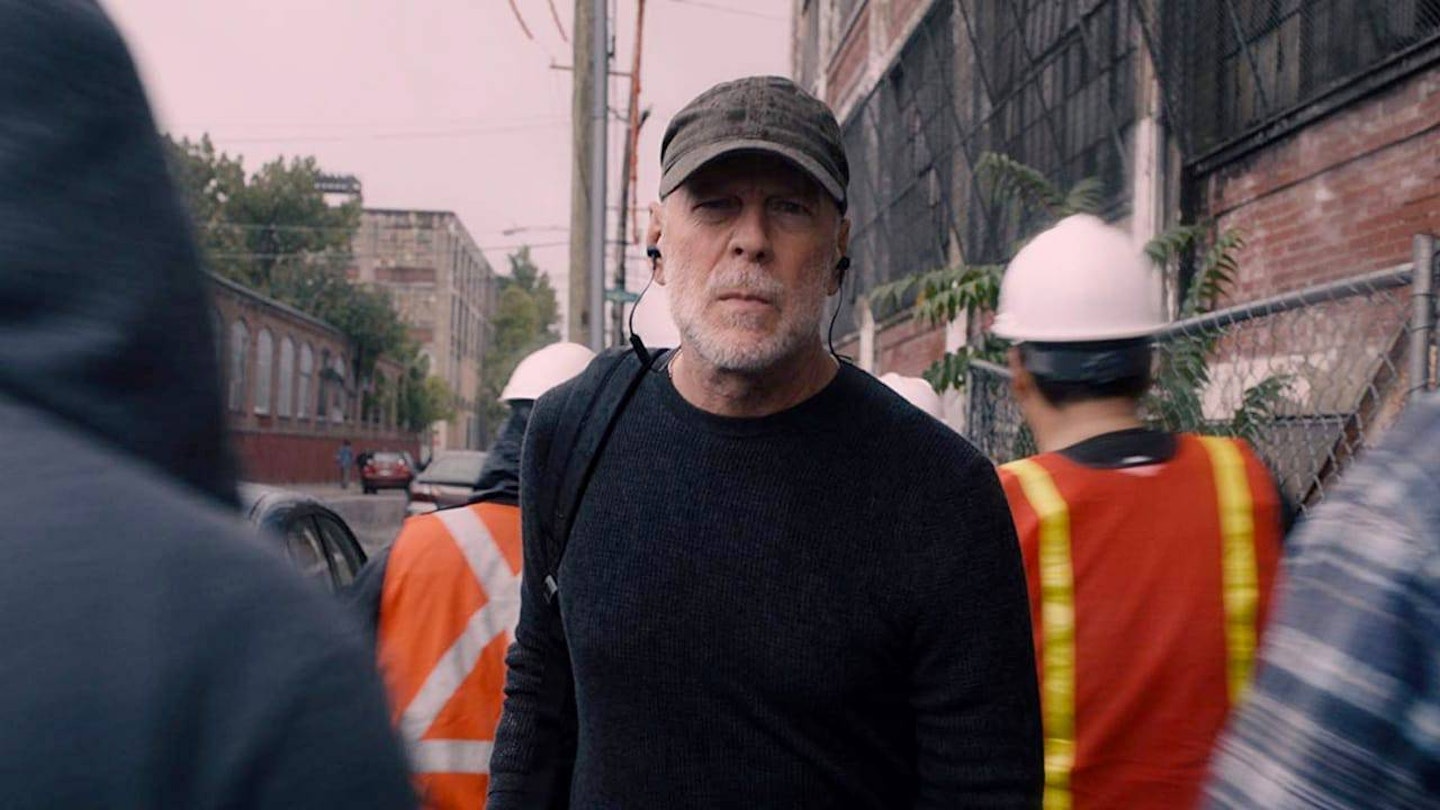
The answer, Glass, is a thriller that’s undeniably bold, but which struggles to mesh together the two moods in an effective fashion. Kevin is the character (technically 24 characters, though here we only see 20 in action) who dominates the film, with McAvoy on stand-out form again, toggling effortlessly between different voices and emotions, and managing to keep ‘The Beast’ (essentially a cross between Pazuzu and an angry gibbon) frightening even with prolonged screen time. But after a relatively action-packed opening that climaxes with Dunn squaring off against the supernatural maniac, both of them are confined to a creepy asylum, along with the titular Mr Glass (Samuel L. Jackson), and the film slows to Unbreakable pace.
The second act’s languid pace gives more time to pick holes.
It’s here that cracks start to appear in Glass. Raven Hill Memorial hospital has some inventive tricks designed to keep its inmates in their cages, not to mention a room for group meetings that’s painted a truly terrifying shade of pink. But it also keeps the three lead characters apart (a shame considering Willis and a twitchy Jackson are each on form), and gives most screen time to a doctor (Sarah Paulson) bent on proving they’re normal human beings, after all. Her monologues grow wearisome, Willis doesn’t get enough to do, and the second act’s languid pace gives you more time to unpick the plot holes. Without giving anything away, the security team for this supermax sanatorium should have been fired by the one-hour mark.
Shyamalan remains an ambitious, interesting director, shooting close-ups with Dutch angles and imbuing even the talky scenes with a palpable sense of trepidation. But his writing here often doesn’t hit the target; where Unbreakable was a smart, simmering deconstruction of comic-book tropes, Glass veers towards the heavy-handed, with characters disseminating his ideas through clumsy dialogue. And the eventful last 20 minutes offer both big moments that are confident, surprising and thought-provoking, and a flurry of laughably ridiculous twists. Despite boasting some fine performances and dread-ridden atmosphere, then, the film is sadly less than the sum of its parts. At least a Scrunt doesn’t turn up in the final scene.
